Welcome to Pub Chats, our series of interviews about the nuts and bolts of publishing with some of the country’s most innovative indie presses. Joining us today in our mystery spit-and-sawdust somewhere in Canary Wharf is Michelle Tudor of Platypus Press, an indie publisher of poetry, fiction & non-fiction based in England.
Hello there! What are you drinking?
I’m not a big drinker, but I’ve recently discovered berry-flavoured cider, so that will do.
How long has Platypus Press been running?
Just over three years. We registered the company in mid-2015, and our first releases were later that year.
What were some of the practical things you did to get started?
We started the press with the £500 we invested.
It’s helpful that we do most of the work ourselves (design, editing, promotions, etc.), which has saved us at least £500 per book. Because of this, it’s a little more difficult for us to offer practical steps – aside from finding authors and a print firm, we’ve not really needed to outsource.
Regarding print firms, this is more complex. There are lots of good ones out there and we’ve been extremely lucky when working with ours (Clays and TJ International) as we’ve always dealt with friendly and helpful staff.
Does your personal background lend itself being an independent publisher?
Sort of. I had just finished my English degree and Peter had over a decade’s worth of design experience (albeit online with websites). We both loved reading, are both exceedingly organised (to a fault!), and enjoy the process of bringing something into being. So yes, it’s almost like our experiences and passions were slowly guiding us towards running an indie press.
Where does the name Platypus Press come from?
We’ve mentioned it briefly before, but we love alliteration, and happened to be watching an episode of the American sitcom Sports Night where they mentioned a Platypus. As simple, and as boring, as that.
Could you describe the sort of poetry you publish?
Not easily. Our work does tend to focus on place (be it physical or emotional), but the styles and tones are fairly broad. We didn’t set out with a specific aesthetic in mind with regards to the work we would release, and over the years we’ve published a range of forms and styles – our online journal wildness is fairly reflective of our taste.
How are you different from other independent publishers?
In relation to the UK indie scene, our biggest difference is probably the fact that the majority of the work we’ve published so far is by international writers (the US, New Zealand, India, etc.), and that we do the majority of the work in-house.
Do you sell more online or by wholesale/retail?
At this time we don’t have a centralised distribution channel, so, aside from our eBook versions, all physical sales are made through our website.
What have been some of your biggest successes so far?
As many have said, we wouldn’t like to highlight any particular authors – some books take time, others are more instant.
How important is the physical book design for you?
We both love the physical details of our books, and their cover and interior design are very important. We spend lots of time working with the authors on the overall feel of the book (cover design, interior layout), and it’s something we pride ourselves on.
The cover design process begins with us drawing up a few ideas and seeing what feels right between the two of us. Once we’ve worked out which direction we see the book going in, we’ll bring the author on board. From there we’ll narrow down and fine-tune the book’s aesthetic.
Regarding the typesetting of the book, we’ve used the same font family for the interior from our first book, and like the uniformity it brings. Within this the layout, titling, etc., is all customised per book. We’ve been toying with standardising it, but at this time, we enjoy the little quirks each book can have.
Paper- and card-stock have been a fun area to explore, and over the next year or so, we hope to use even more variety of stocks for different types of release. It’s a fascinating area and something we love exploring.
Could you describe your editing process? And how long does it take start to finish?
This varies as we work with both poetry and prose, but with our poetry releases the process usually takes place over many months. As mentioned above, the majority of our authors live abroad, and so the easiest and most efficient means to work with them is via email. Another element we’re considerate of, is that not everyone uses Word, not everyone has a Mac, etc. and so we tend to line-edit and discuss via PDFs. That way the layout of a poem is kept as intended, whilst we’re also able to highlight the edits being suggested. It’s an extension of the process, our way to help draw out the poet’s intentions – which is very much a collaborative act.
What are some basic mistakes people make when submitting to you?
Not reading the, albeit short, guidelines. (platypuspress.co.uk/submit)
Where do you look for new writers?
Predominantly online, especially for wildness. Depending on how we are constructing an anthology we will watch videos, read other journals, go to bookshops, libraries, etc. and use every possible resource to find whatever voices we’re searching for.
What advice would you give to poets today trying to get published?
Write more. Read more. Gather and discuss.
How do you pay your writers? How does remuneration work?
Whilst we’re unable to offer an advance, we do currently give 50% royalties on NET profit. We also sell copies of the book to authors at 50% RRP. Currently, and primarily due to the fact that we generally only sell through our website, this means the profitability of a book is relatively high for both us (as publisher) and the author. What we lose, obviously, is the market reach distribution can provide.
What is your approach to marketing and promotion?
The obvious things. Social media has obviously become a huge element to promotions, and is a large part of our process. Getting reviews, blurbs, and the like, is also key in getting the books in front of the right audience.
Do you make any money from publishing?
Not personally, no. Any profit the company does make is ploughed back in for the next book and then the next. As mentioned, due to us selling all our books ourselves, the company retains just over 60% of the retail price, so (approximately) we take about 1/3, the author another 1/3 and costs (fees, print cost, etc.) cover the remaining 1/3.
Do you work full-time as a publisher?
This is a little complicated to answer. I don’t, but Peter does. We live fairly frugally and, as Peter does all the design work, the companies expenses are greatly reduced, and so we’re able to cope financially. However, I think the nub of the question is: do we make a living from the press? And the answer is quite simple: no, we haven’t taken any money out of the press in the last three years.
What do you think is a suitable second occupation?
It depends on how you operate. For some, me included, it’s easier to have a fairly un-intrusive job, as it enables me to focus completely on the press when I’m not at work. Others, however, would suit working within a similar industry, like promotions or copyediting. It really is a personal thing and it depends on how much work you do in-house for the press – the more you do, the better it probably is that you don’t work another, just as taxing, job.
Has your work suffered from a diversion of energy into other employments or is it enriched by it?
I think any diversion of energy is intrusive. Ideally we’d both be committed full time to working on the press and journal, but it’s just not viable at this stage.
Who distributes your books and where can I buy them?
At this time we don’t have any distribution, though this is definitely something we are investigating. Unfortunately, what’s really needed is a cash injection, which would enable us to move towards the growth we want/need.
Do you have any staff? If so, how many?
Just the two of us.
Apart from books/pamphlets, what else do you make?
As we’ve mentioned, we also run wildness, a quarterly online literary journal that publishes poetry and prose from across the world. We also publish a monthly longer-form (5,000+ words) short story series called shorts.
What other indie publishers do you like?
We have a soft spot for Penned in the Margins (we first interviewed Tom for wildness three years ago) and Out-Spoken Press (we love and have total respect for the work Anthony is doing), as well as newer presses like UEA’s Boiler House Press and Verve Poetry Press. There’s just a lot of work being done that excites us.
How optimistic are you about the future of independent publishing? Are you satisfied with your own solutions to the problems it currently faces?
There’s a lot to be excited about, more indie presses are developing and creating, and that can only be a good thing for the communities they enrich. Regarding our own solutions, yes and no, we’re able to continue, and to publish, and to develop, but we still want to grow, to be able to provide even more exposure for our authors – who, ultimately, deserve the recognition for their work.
What advice would you give to someone starting their own independent publishing business today?
If you can, ensure you have money to consider distribution from the beginning – Stuart Bartholomew mentioned this in his Pub Chat, and we completely agree with him. Had we been able, we would have invested a lot more money in the press from the beginning.
Tell me something about being an independent publisher that most people don’t know.
People care about what you’re doing, even if you don’t always realise it.
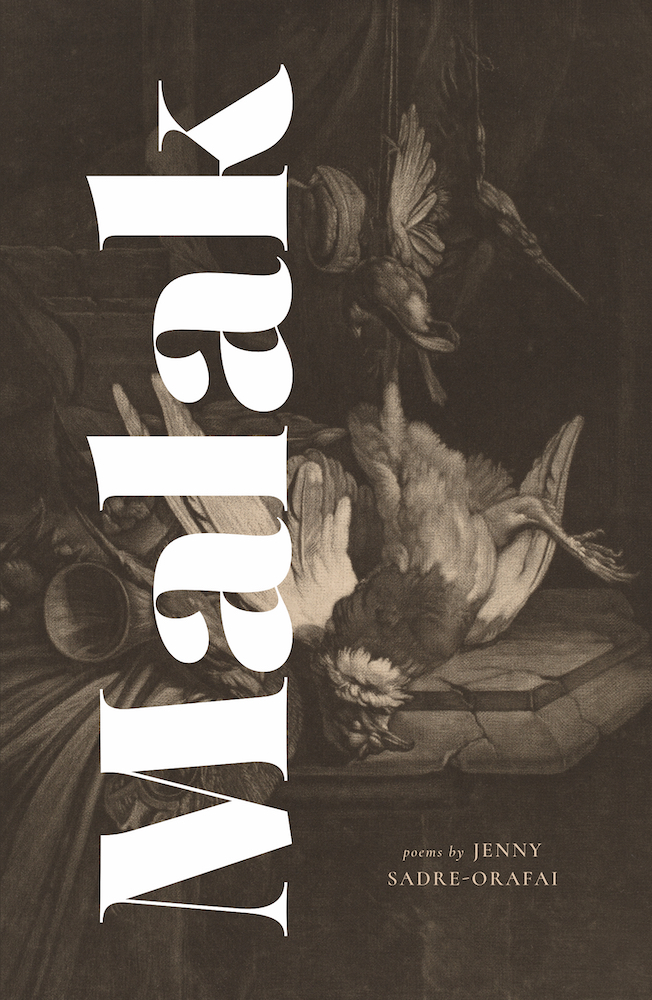
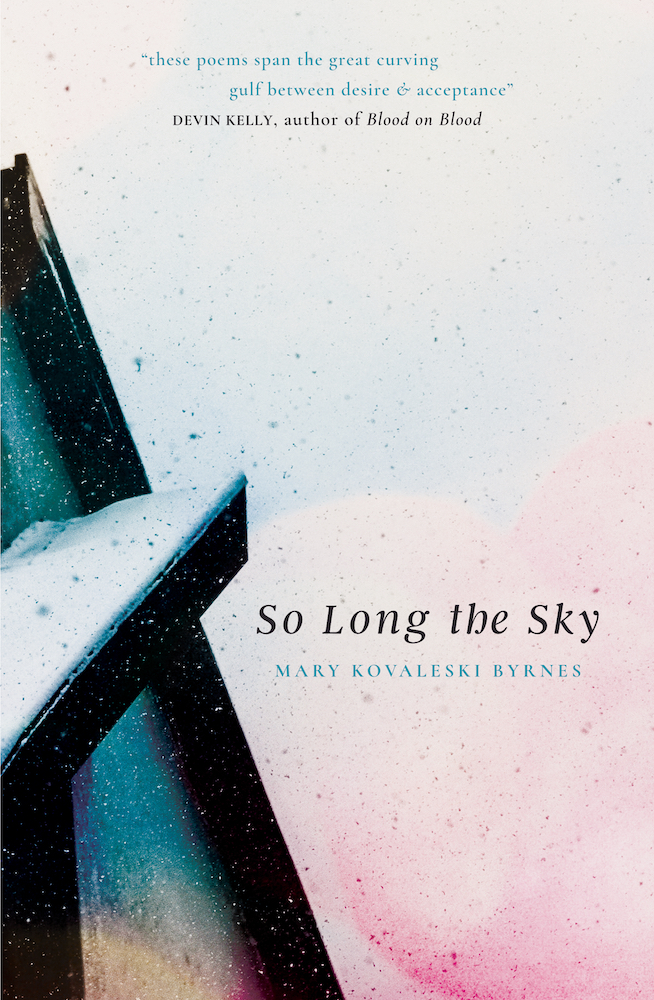
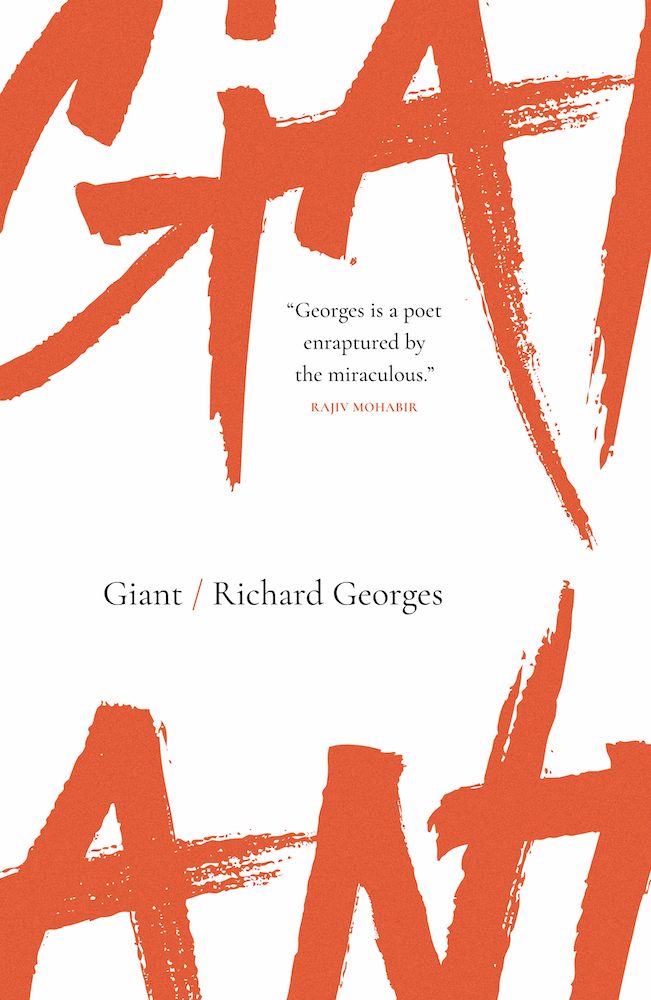
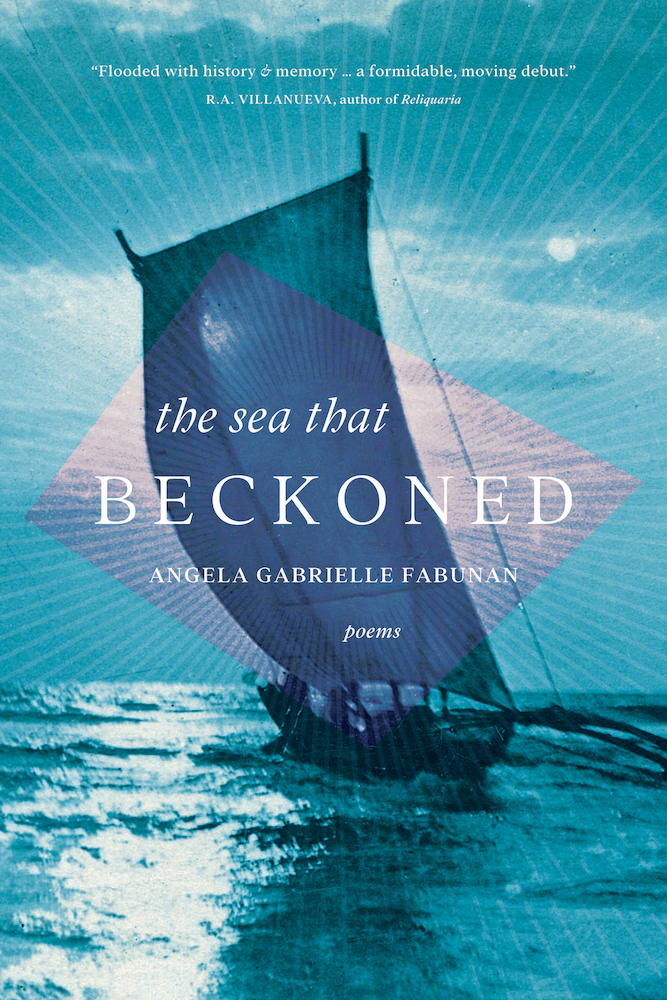
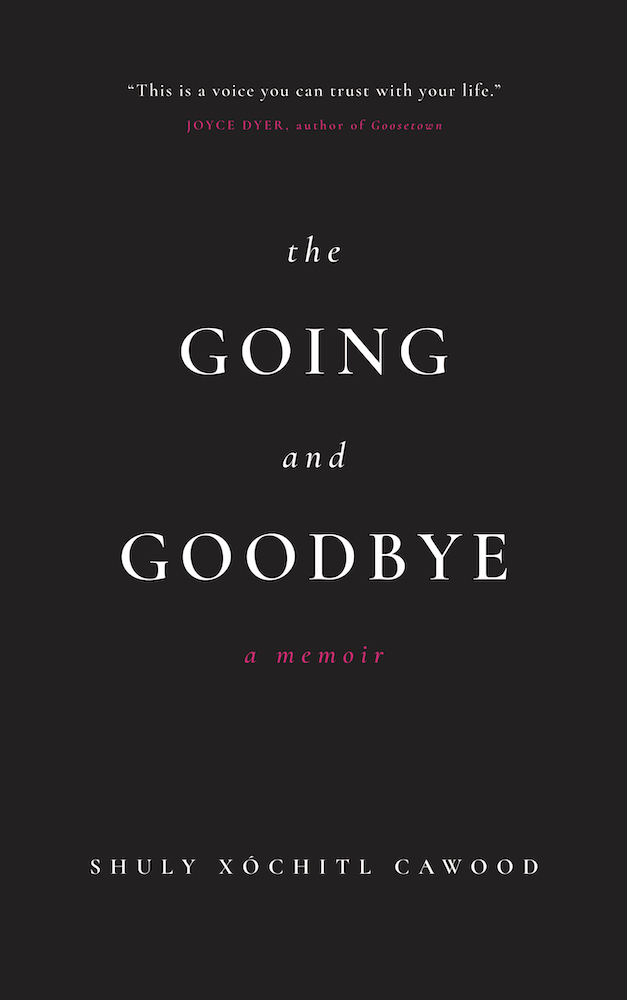
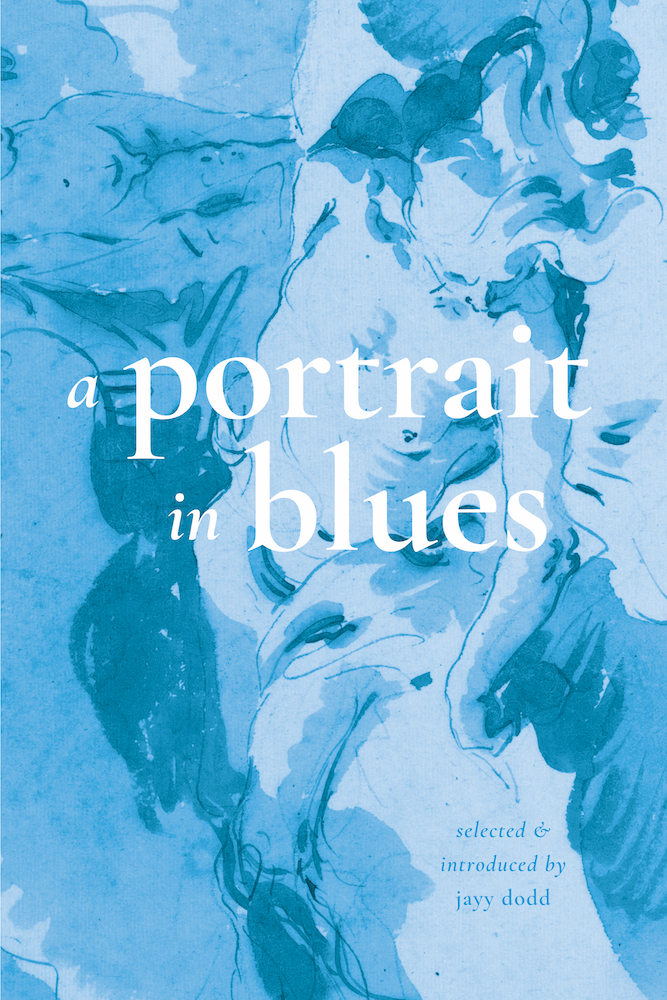
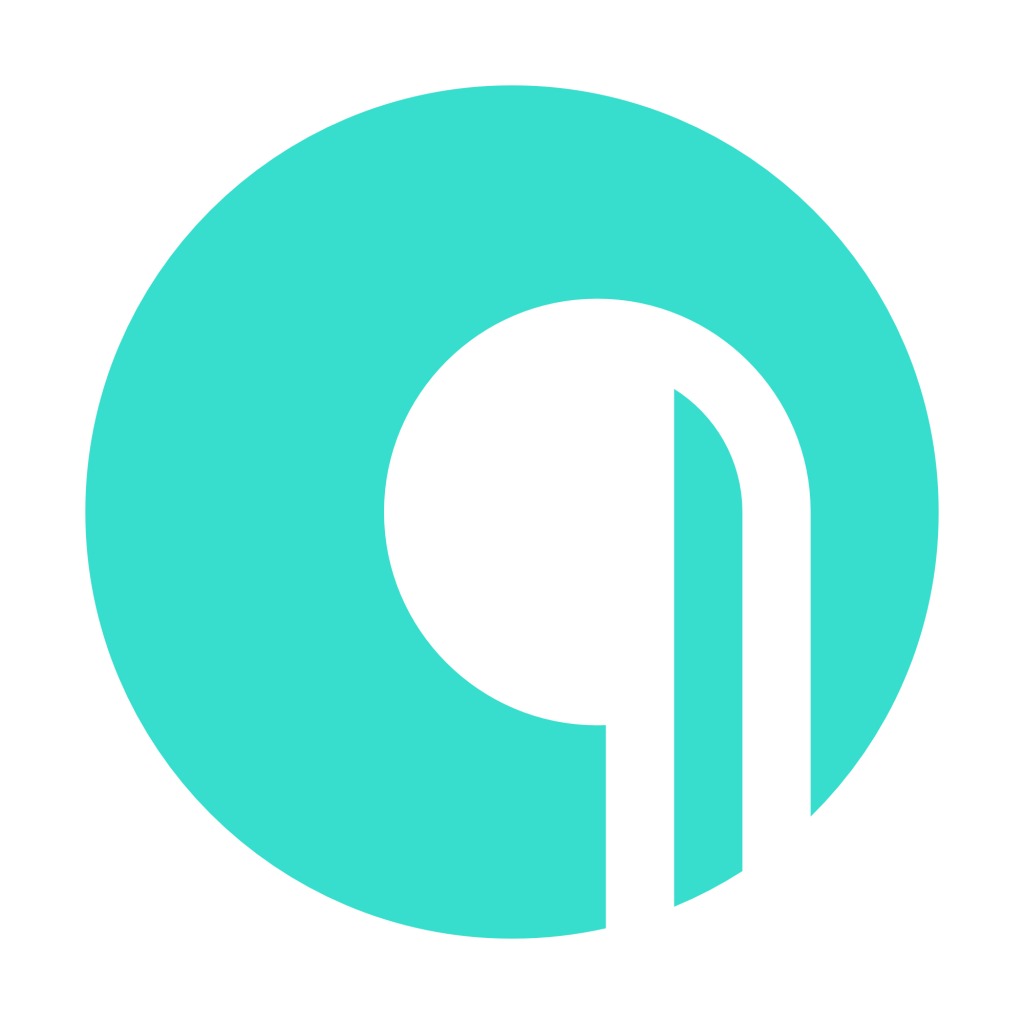
Add your Reply
You must be logged in to post a comment.